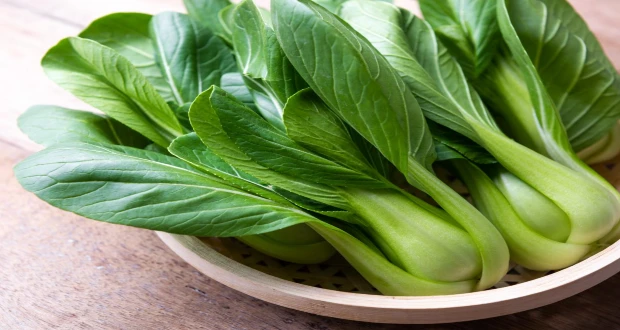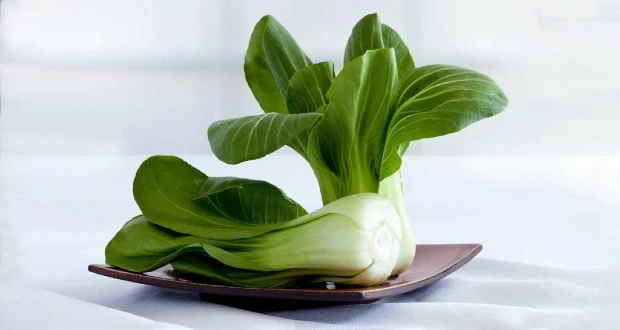Bok choy benefits, storage method, blanching, calories
Bok choy Nutrition

| Bok choy (100g) Nutrition | |||
| Carbohydrate | Protein | Fat | Calories |
| 2.2g | 1.4g | 0.1g | 15kcal |
| Main Nutrition | Vitamins A, C, beta-carotene, magnesium | ||
| Main Benefits | Improves skin beauty and immunity, prevents heart disease | ||
| Side Effects | Excessive intake may cause diarrhea. Be careful when consuming if you have weak thyroid function. | ||
Bok choy is a type of cabbage that is most commonly found in Chinese food as it is native to the Huazhong region of China. The name bok choy comes from the green leaves and stems, and when translated literally, it means green stem herb. Bok choy can be lightly boiled, eaten as a wrap, or even added to shabu-shabu.
Bok Choy Benefits

1. Skin care
Bok choy contains vitamin C. This promotes collagen production and helps remove skin blemishes, blemishes, and acne. Bok choy also contains beta-carotene, which is an antioxidant and is effective in preventing skin aging and skin damage.
2. Strengthening bones
Bok choy contains ingredients that help bone health, such as iron, calcium, magnesium, and vitamin K. Among them, vitamin K increases bone density and reduces fractures, helping prevent osteoporosis, a bone disease. Additionally, it helps with bone health in various generations, including bone growth in children and fractures in the elderly.
3. Strengthen immunity
Bok choy contains vitamin C, beta-carotene, and vitamin A. They have the effect of stimulating metabolism and improving the immune system, thereby strengthening immunity. Bok choy also contains selenium, which helps improve immunity to fight infections by stimulating the production of cells that identify and deal with bacteria and viruses.
4. Heart Health
Folic acid, potassium, and vitamin C contained in bok choy are helpful for heart health. Potassium helps excrete sodium from the body, which increases blood pressure. Folic acid also increases healthy HDL cholesterol levels and protects the heart by preventing blood from clotting. Bok choy also contains magnesium, which helps regulate blood pressure.
5. Reduces inflammation
It may come as a surprise, but bok choy is rich in omega-3. It also contains a large amount of vitamins, so it has the effect of suppressing inflammation in the body. This can be effective in everything from skin inflammation to joint inflammation.
Blanching
- Remove the leaves individually and soak them in water for about 10 minutes. Afterwards, wash thoroughly under running water.
- Boil water in a pot, blanch for 30 to 40 seconds, then soak in cold water to cool.
- Squeeze it by hand to drain the water and use it in cooking.
Storage Method
Just wash the bok choy with individual leaves, place it in an airtight container, and store it in the refrigerator. If stored for a long time, various nutrients may be lost, so it is best to consume it as quickly as possible.
Side Effect
- Bok choy is a vegetable with cold properties. Therefore, people who normally have a cold body may experience symptoms such as stomach upset or diarrhea if they consume too much.
- Because the vitamin K in bok choy helps blood clot, it may interfere with the effectiveness of the medication in people taking blood thinners.
- If consumed in excess, compounds called glucosinolates contained in bok choy can suppress thyroid function.
References
💠WebMD: Health Benefits of Bok Choy
💠Netmeds: Bok Choy: Leverage The Astounding Benefits Of The Chinese Cabbage